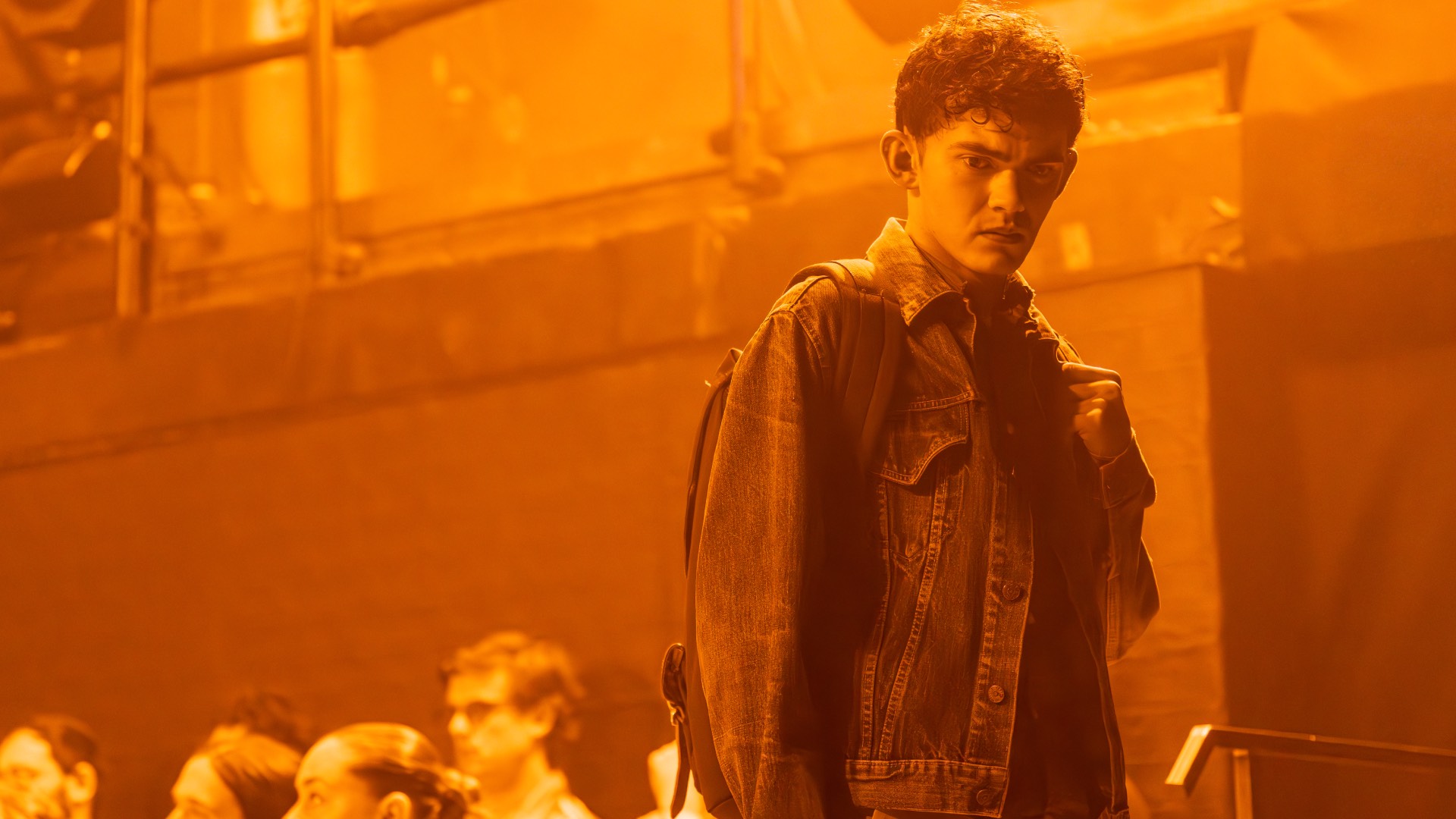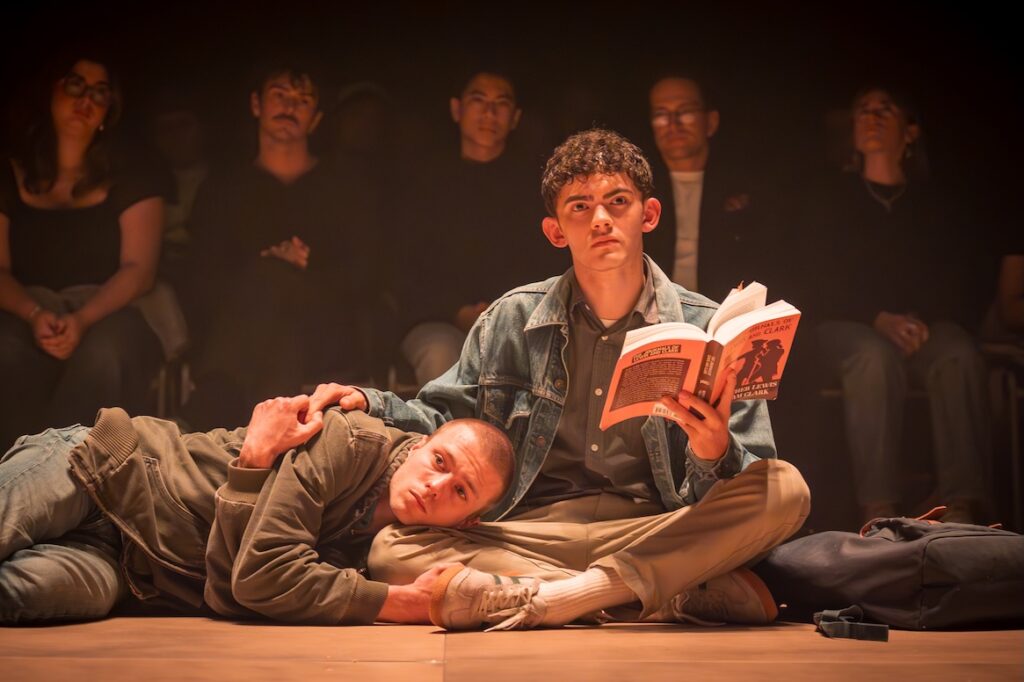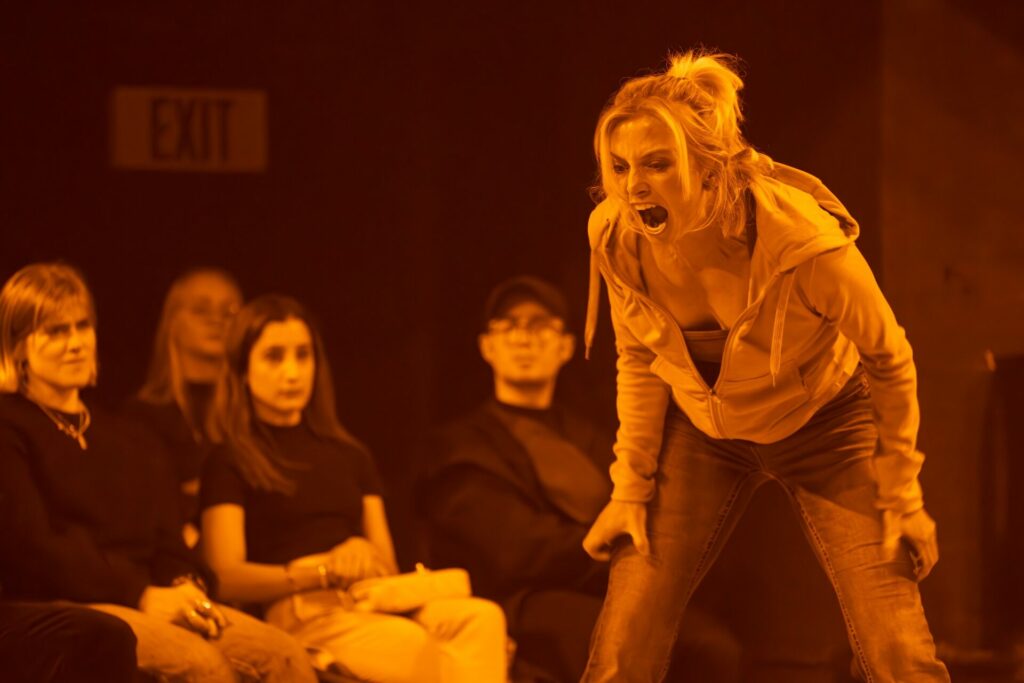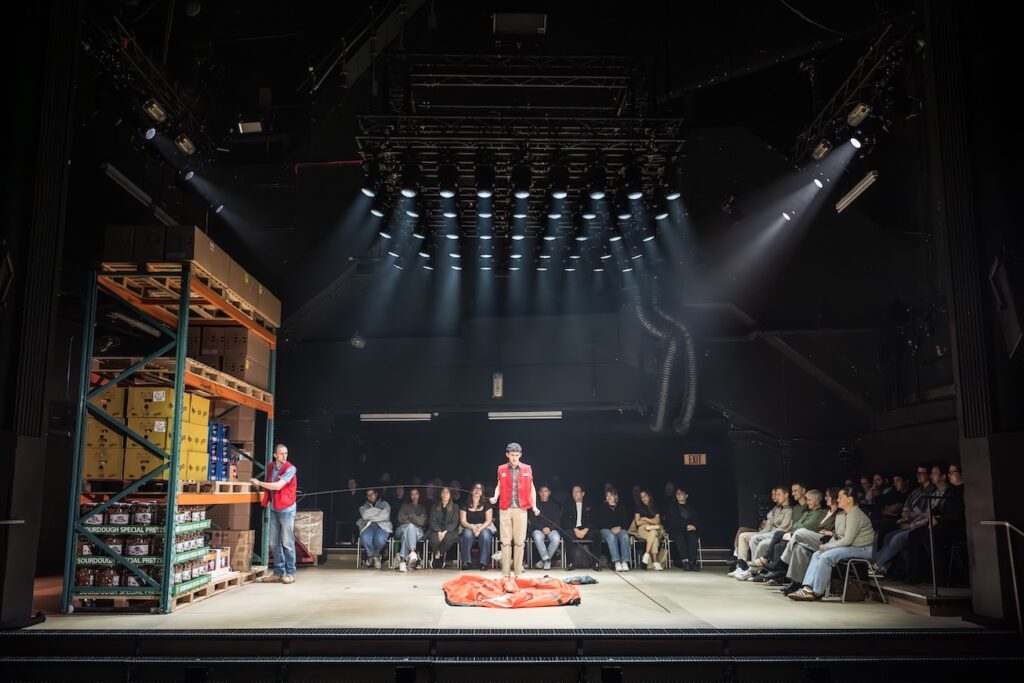Clarkston review: Heartstopper’s Joe Locke unlocks new era in West End debut
Joe Locke and his co-stars deliver faultless performances in a show that falters on thin storytelling and limited staging, writes Attitude’s Jamie Tabberer

Joe Locke can really act, was the big takeaway from the press night of Clarkston at Trafalgar Theatre in London last night. Not that we ever doubted him. And if the star felt nerves as he stepped out for his West End debut, they only fitted his achingly vulnerable character.
Indeed, as Jake, a drifter with serious health issues in Nowheresville, America (also known as Clarkston), Joe is as likeable as ever, all immensely expressive facial expressions and beautiful enunciation.
Admittedly, the role isn’t a radical departure for him: Jake could easily be the heavily American-accented cousin of Heartstopper’s Charlie. Although there’s an undercurrent of tragedy to Joe and his cast mates’ excellent performances that just about lifts this underwritten story from standard YA fare.

Despair hangs heaviest over Jake’s boy-next-door coworker Chris, though always indirectly. A knot of quiet torment, Chris’s pain swirls beneath the surface, as it often does for closeted men, and perhaps even more so for the semi-closeted. The fantastic Ruaridh Mollica conceals his real-life charisma and underplays Chris to great effect: hilariously nonplussed, for instance, when seeing the ocean for the first time. He and Joe enjoy easygoing chemistry as would-be boyfriends, although you often wish these muted everymen were given more to do.
If it all feels rather underwhelming, well, maybe that’s the point: anyone who spent their youth stuck in the middle of nowhere, in dead-end jobs, will recognise the characters’ despondency – and the glacial pace at which they stack shelves! – as painfully true to life. Chris, in particular, feels manipulated by unseen forces – his employer? Society itself? – into accepting a bad hand, not least in his reluctant duty of care to his well-meaning yet drug-addicted mother, Trisha.

Played with astonishing intensity by Sophie Melville, the play shifts gear whenever Trisha is around, her veneer of propriety undercut by a cracked voice and bizarre body language betraying the chaos beneath. When Trisha finally unravels, Melville doesn’t simply break down – she goes to hell and back, channelling the rage of everyone chewed up and spat out by the world. It’s a performance that elevates the entire production. It could do with more of her.
The show’s biggest weakness is its unadventurous staging: little more than a shelving unit stacked with groceries, with lighting (excellent) and music (too loud) left to do most of the heavy lifting in signalling story progression.
Stark simplicity as an intentional creative choice, echoing the drab aesthetic of many an Oscar-chasing gritty drama, is one thing, but why then the otherworldy promotional imagery? The programme depicts the cast reclining miraculously on still waters, smouldering beneath a sunset of uncanny beauty. You come expecting a feast for the eyes but in reality are given little to look beyond on-stage audience members shifting around in their seats.

While the story has notes of Brokeback Mountain-type profundity – Jake and Chris are absolutely spiritual decedents of Jack and Ennis; you can imagine this is how their lives might play out were they coming of age today – the finished product is too slight. Running at just 95 minutes with no interval, it feels like two or three key scenes are missing.
Like the town it represents, and the word itself, Clarkston verges on the nondescript. Luckily, it is redeemed by the abilities of its actors.
